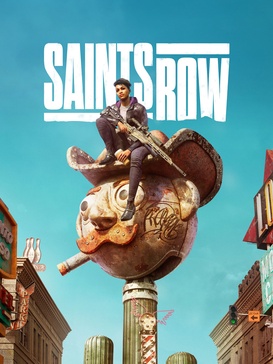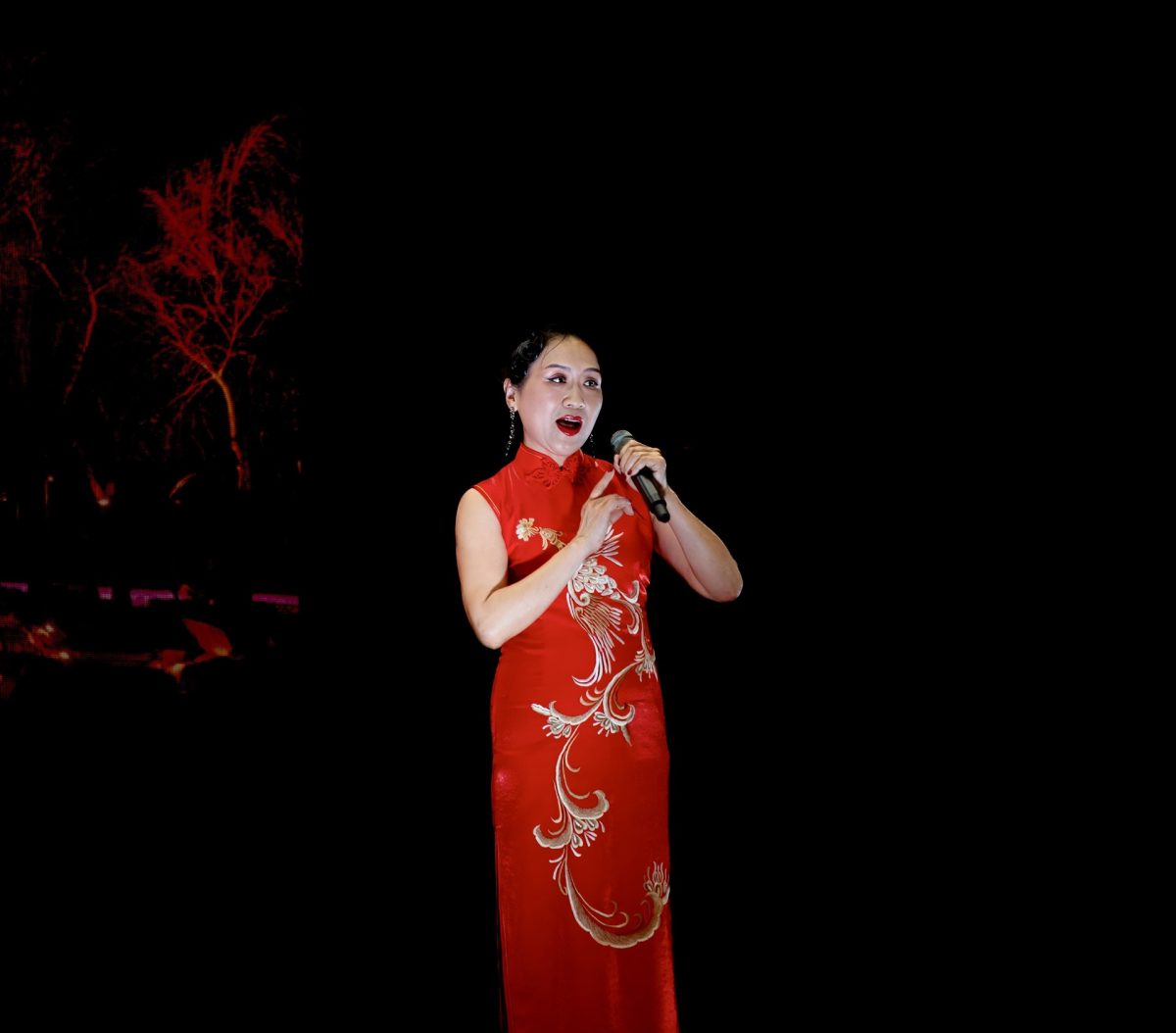
How do people gesture? How are Latinx people represented in video games? Does dramatization in television affect high schoolers’s perception of the ethics of true crime shows? All these questions and more are being researched this year by Advanced Placement (AP) Research students.
AP Research and Seminar is a two-class set taught by Montana Young. While students practice their research skills as a junior, as a senior they are able to pick a research topic that they will present at the end of the year.
“You take what you learned in AP Seminar, and you apply that to AP Research,” Soumya Bandaru (12) said.
In AP Research, students spend months preparing before actually conducting their research. One thing they do is choose a specific research question to focus on for the year.
“Your question has to be very very specific,” Allie Maury (12) said. “You can’t have anything too broad because it won’t be […] precise enough.”
“Is an individual’s gesture order impacted by whether they are describing something they read versus something they saw without using spoken words?”
Before students begin actually researching, they complete a “Lit Review,” where they review already published literature relating to their research question. This helps students learn about their topic before they begin their own research. For Maury, she discovered that gesture order is common across languages.
“There’s a natural gesture order that people use no matter what native language you speak,” Maury said. “So speakers of languages that use Subject-Verb-Object order […] they gesture with Subject-Object-Verb order.”
For Allie Maury, AP Research is a class that allowed her to appeal to her interests. Maury, who plans to major in linguistics during college, picked a topic in a similar field.
“I’ve been wanting to major in linguistics in college, just because I find it really interesting, so I know I wanted to do a linguistics-focused research project,” Maury said. “I ended up switching it to be more gesturally based because I saw my uncle on the beach one time. We were up in the room so I couldn’t hear what he was saying […] but I could see him and they were making all these gestures and you could almost guess what they were talking about just from the gestures and I thought that was really interesting.”
To conduct her research, Maury will split eligible candidates into two groups and ask them to describe something they read or saw using only gestures. Afterward, she’ll analyze each participant’s response to determine whether word order is different when reading instead of watching something.
“What I’m gonna do is I’m going to get as many participants as possible ,” Maury said. “They’ll fill out a questionnaire that determines their eligibility. I’ll split them into two groups: the reading group and the visual group. The reading group will read a sentence […] and the visual group will see the video [version of the sentence] and I’ll ask them, without using words and only using silent, manual gesture, to describe what they just saw. And I’ll take videos of that and for each participant, I’ll analyze the syntax of it to determine the word order and see if the reading affects it or not.”
In order to participate in Maury’s project, participants must meet specific requirements.
“I will disqualify anyone who’s not in the age range, I will also disqualify anyone who has a condition that affects speech production,” Maury said. “I’ll disqualify [anyone] who has a lot of proficiency in sign language […] because it’ll affect the gesture production part.”
“How Does Representation of Latinx Characters in Triple-A, American Developed Video Games from the Last Half-Decade Show Authenticity or Racial Bias?”
Caleb Turris (12) first decided to take AP Seminar and AP Research because he had a hard time with public speaking. For his project, Turris will record himself playing three video games and analyze the portrayal of Latinx characters. He’ll also have another person analyze the games to eliminate bias.
“I’m performing a content analysis which is where I play three games that fit my criteria,” Caleb Turris (12) said. “As I play, I’m looking through what kind of stereotypes or archetypes that are represented in the games. I’m also recording it so I’ll go back and watch the recording to see if I missed anything. And if I can find an additional coder, which I have, they’ll do the same thing as me to […] cut any bias out.”
As advanced courses, AP Research and AP Seminar are rigorous classes, and there are also difficulties that can come with conducting research. Depending on their topic, research can be costly for students.
“Modern games are pretty expensive,” Turris said. “Since they’re Triple-A, they’re big-budgeted. The retail price is $60 or $70. So budget is […] a hurdle I have to get through. And then the length: modern games are really long so I have to find ways to maneuver around that.”
During his Lit Review, Turris referenced various books and researched stereotypes to look for in the games. His books focused mostly on representation in Hollywood and helped him understand his topic.
“[The Lit Review] just introduced me to a lot of like, stereotypes I guess I didn’t really notice about Latinos,” Turris said.
Turris hopes his research will confront the video game industry and Hollywood while also showing people how to limit misrepresentation in their creative works.
“[My research project] could inspire some Latinxs to actually get into the video game field to provide their input,” Turris said. “They’re like, ‘wow, this is a field where I’m not getting represented right, maybe I should try and fix it.’”
“How Does the Dramatization of Dahmer — Monster: The Jeffrey Dahmer Story Impact Memphis High-School Student’s Perceptions of Ethicality on True Crime Shows?”
Soumya Bandaru picked her topic because she was intrigued by the crime unit she did in AP Seminar in 2022. Bandaru is involved with the Debate Team and Mock Trial, so her project connects to her interests both in and out of school.
“I loved true crime […] and I knew that I wanted to make my research question sort of surrounding […] true crime,” Bandaru said. “Last year in AP Seminar, one of the ways that Ms. Young taught us how to go through the process [of conducting research] was she broke up the class […] into primarily three units. The crime unit, what we did is we went into an article about how true crime may be distorting the facts of reality.”
Bandaru will watch the show Dahmer — Monster: The Jeffrey Dahmer Story and analyze it for various dramatization methods used by producers. Then, she will survey Memphis Shelby County School (MSCS) high schoolers who watched the show to get their opinions on it.
“My method consists of 2 types,” Bandaru said. “My first type is called a content analysis. My content analysis is going to be on the Jeffery Dahmer show. I’m going to watch all 10 episodes […] I’m going to look into each episode of the show and see, oh, did producers implement this certain type of dramatization method into their show. The second part of my research is [doing] a survey. If [survey participants] thought the show was ethical for a certain amount of reasons.”
Bandaru intends to find out if and how dramatization in true-crime television affects the way high school students think.
“My goal is to be able to find a correlation between my content analysis and my survey to see […] if [dramatization methods] had a correlation with how Memphis high schoolers thought after they watched the show,” Bandaru said.
Regardless of the results of her research, Bandaru thinks her project will benefit people.
“My research, regardless of [the results], it’ll work [to] my benefit,” Bandaru said. “Even if my results are […] Memphis high schoolers weren’t [affected] [it’s fine] because I can show that in my results that, oh, contrary to popular belief or contrary to what many people might think of the ethicality, it’s not [unethical]. So, regardless of how my research goes, any results I get will be beneficial.”




































